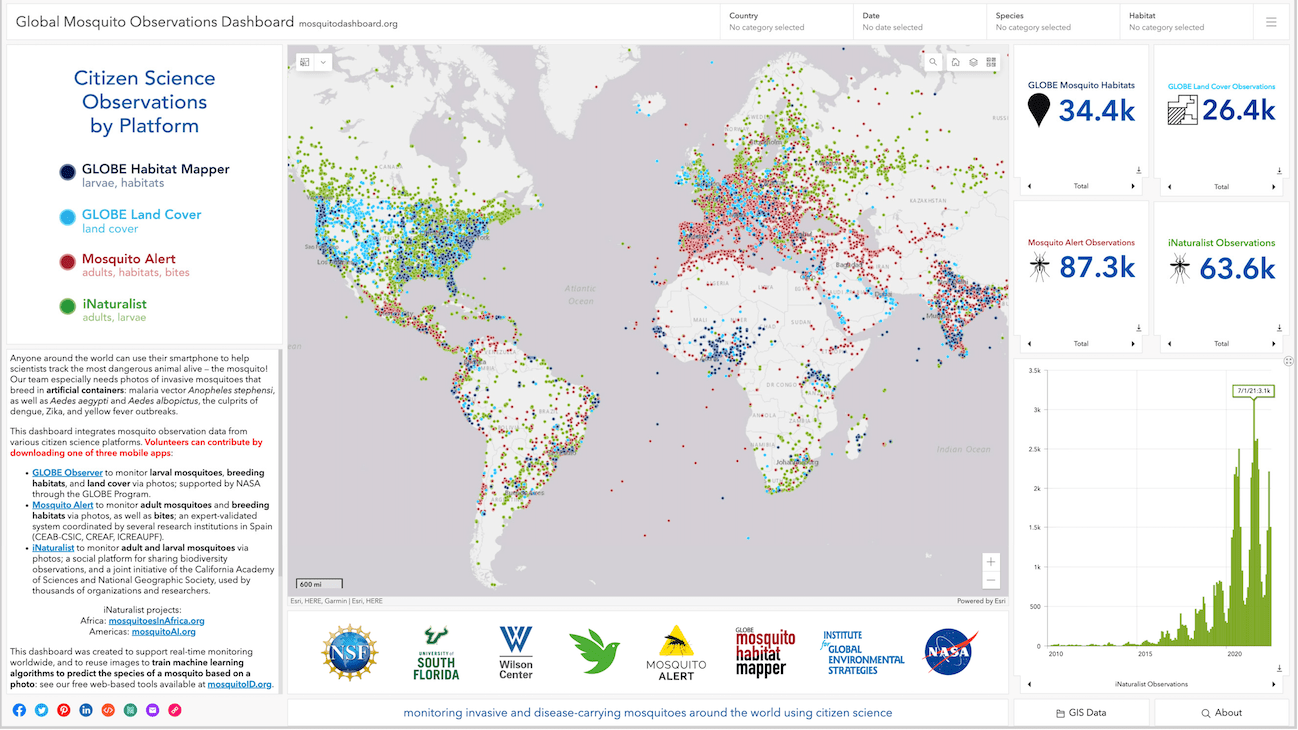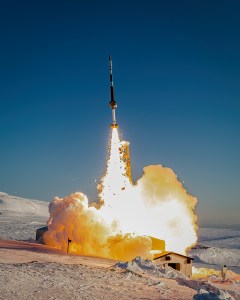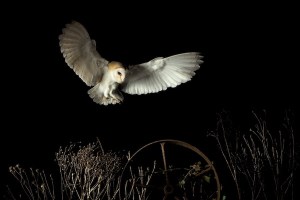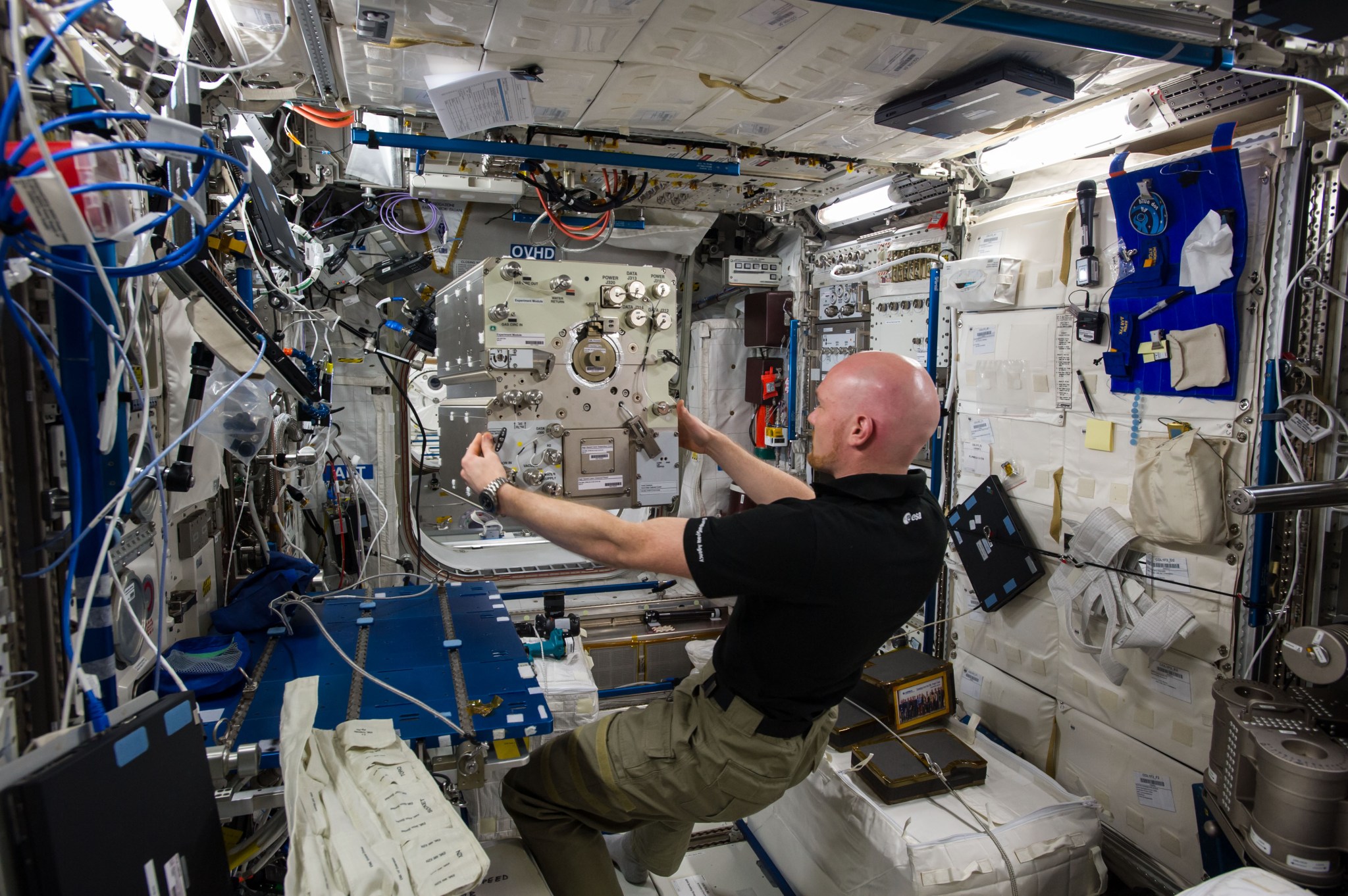2 min read
NASA Earth Science Education Collaborative Member Co-Authors Award-Winning Paper in Insects
On August 13, 2024, the publishers of the journal Insects notified authors of three papers selected to receive “Insects 2022 Best Paper Award” for research and review articles published in Insects from January 1 to December 31, 2022.
One of the winning papers was co-authored by Russanne Low, PhD, Institute for Global Environmental Strategies (IGES). Low is a member of the NASA Earth Science Education Collaborative (NESEC), a NASA Science Activation project, and science lead for the Global Learning & Observations to Benefit the Environment (GLOBE) Mosquito Habitat Mapper.
The paper – Integrating global citizen science platforms to enable next-generation surveillance of invasive and vector mosquitoes – was published as part of a special issue of Insects on Citizen Science Approaches to Vector Surveillance. It is in the top 5% of all research outputs scored by Altmetric, which is a high-level measure of the quality and quantity of online attention that it has received. The scoring algorithm takes various factors into account, such as the relative reach of the different sources of attention. The paper has been cited 23 times.
Papers were selected by the journal’s Award Committee according to the following criteria:
– Scientific merit and broad impact;
– Originality of the research objectives and/or the ideas presented;
– Creativity of the study design or uniqueness of the approaches and concepts;
– Clarity of presentation;
– Citations and downloads.
Each winner of the best paper award will receive CHF 500 and a chance to publish a paper free of charge in Insects in 2024 after peer review.
The paper is a result of a collaboration by IGES with University of South Florida, Woodrow Wilson International Center for Scholars, Universitat Pompeu Fabra, and iNaturalist.
Following is the full citation: Ryan M. Carney, Connor Mapes, Russanne D. Low, Alex Long, Anne Bowser, David Durieux, Karlene Rivera, Berj Dekramanjian, Frederic Bartumeus, Daniel Guerrero, Carrie E. Seltzer, Farhat Azam, Sriram Chellappan, John R. B. Palmer.Role of Insects in Human Society Citizen Science Approaches to Vector Surveillance. Insects 2022, 13(8), 675; https://doi.org/10.3390/insects13080675 – 27 Jul 2022
NESEC is supported by NASA under cooperative agreement award number NNX16AE28A and is part of NASA’s Science Activation Portfolio. Learn more about how Science Activation connects NASA science experts, real content, and experiences with community leaders to do science in ways that activate minds and promote deeper understanding of our world and beyond: https://science.nasa.gov/learn
Details
Related Terms
from NASA https://ift.tt/eiBOxPq










No comments:
Post a Comment